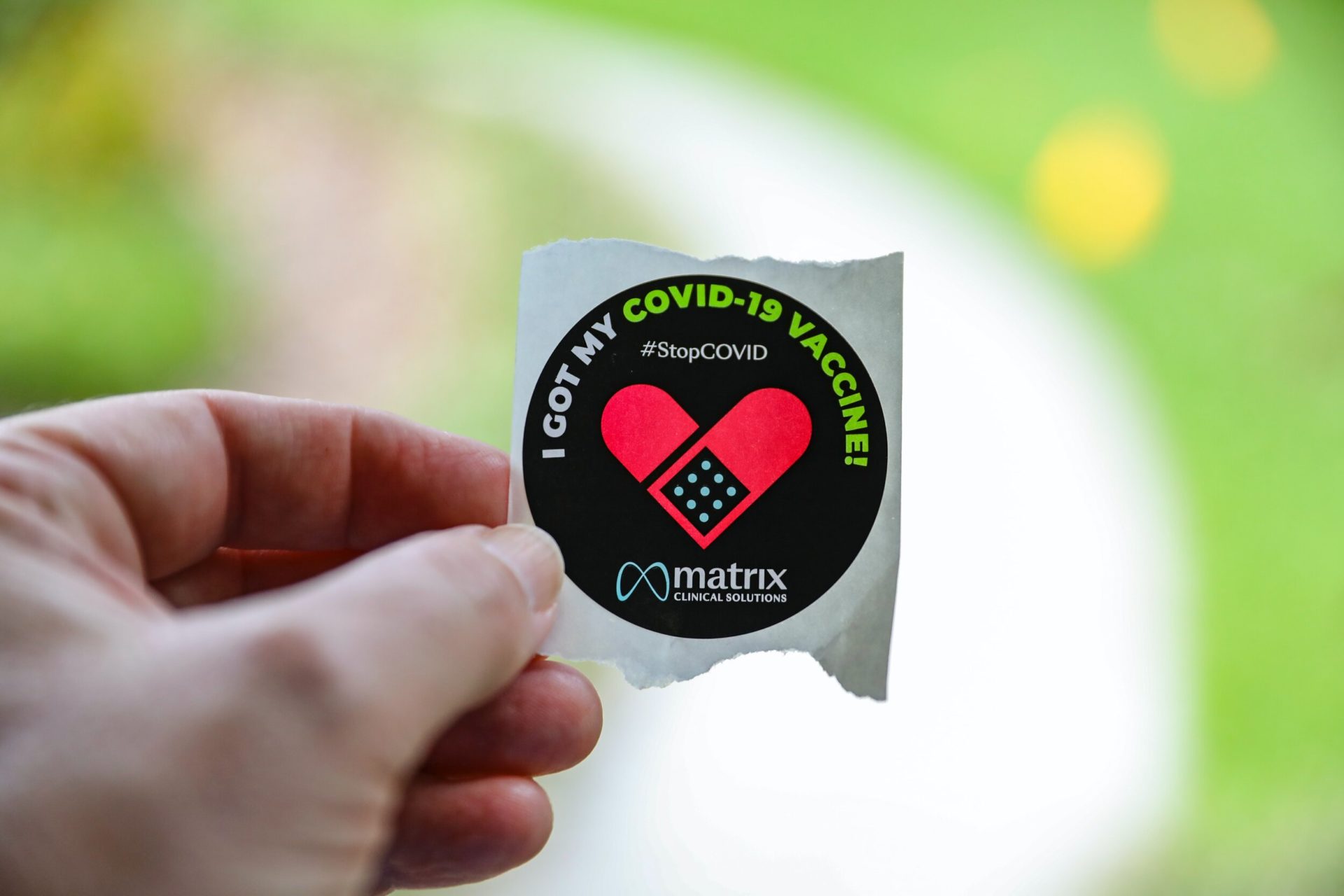
Early in the pandemic, political affiliation was shown to be a stronger determinant of Americans’ attitudes about COVID-19 than income, ethnicity, education, geography, or any other demographic. Even though vaccinations were developed under former President Trump’s watch, a recent poll by Morning Consult found that 28 percent of Republicans do not plan on getting vaccinated – the highest level of any major demographic group.
The de Beaumont Foundation and many other organizations have used polling and focus groups to try to understand Republicans’ opposition to mask-wearing and vaccination, their concerns, and who they trust. For months, pundits, politicians, and public health practitioners alike have asked: “What do we say to conservatives who are reluctant to get vaccinated?” And for months, we’ve developed messaging based on what conservatives and other hesitant Americans have told us may motivate them to get the shot.
These efforts have worked. The messaging we developed in partnership with Republican pollster Frank Luntz has been used by state and local health leaders, elected officials, and the highest levels of the federal government. Republican leaders like House Minority Leader Kevin McCarthy and Governor Chris Christie have spoken out in favor of vaccinations, along with physicians and pharmacists who are also Republican members of Congress. Many Republican voters have heard these tested messages, used the information provided, and chosen to get vaccinated. In fact, new polling by the Kaiser Family Foundation shows the vaccination rate of Republicans over 50 is comparable to the national average. Words matter and they can save lives.
However, with students going back to school, offices reopening, and the more contagious Delta variant making up more than 80% of COVID cases, the messaging has to change. What should we say to Americans who are eligible and able but haven’t been vaccinated? That’s simple. It’s time to say “no.”
To those who choose to not get vaccinated – while scoffing at other precautions like wearing masks and social distancing – the message should be that while it is your right to make your own choice about getting the vaccination, your decision can no longer threaten the health of others.
Can you choose to not get vaccinated and “return to normal”? No.
Can you travel by plane without requirements like testing and masking? No.
Can you go to work, a sporting event, or a concert like you used to without being vaccinated? No.
Through our research, we know that many people who don’t want to get vaccinated recoil at the idea of mandates. But at the same time, many of those same people say mandates are the only thing that will compel them to get vaccinated or get their children vaccinated. While the unvaccinated will likely resent the fact that more schools, amusement parks, airlines, and businesses will require vaccination, it ultimately makes their community safer. It is our hope that the hesitant will eventually consider getting the jab in order to get access to these venues.
Throughout the pandemic, the private sector has kept employees safe by embracing remote work, pivoting manufacturing lines to produce personal protective equipment for those on the front lines, and conducting life-saving research, development, and distribution to put COVID-19 vaccine shots into arms. And these steps can also improve their bottom line. According to polling by Morning Consult, 73% of Americans say they’re more likely to work for a company that protects its employees during the pandemic.
Politicization has prolonged and worsened the pandemic. While many elected officials continue to promulgate policies that defy settled public health science – like prohibiting mask requirements in schools – the private sector has an opportunity to play a greater role in ending the pandemic and prioritizing the health of communities over personal or political objections.
President Joe Biden, who is the “CEO” of our nation’s largest employer, the federal government, has helped spark a movement by employers to implement measures to increase vaccination rates and curb the COVID-19 delta variant. Last week, he announced that all federal employees and on-site contractors will need to be fully vaccinated or submit to ongoing testing and other protective measures. Other employers are taking similar actions.
Walmart, the nation’s largest private employer, recently announced a vaccine requirement for corporate staff members and regional managers and is offering a bonus as an incentive for unvaccinated workers. Tyson Foods, Disney, Google, and Facebook also are requiring vaccination for U.S. employees.
The decision to require vaccinations is complex and nuanced, requiring thoughtful considerations of many questions. It also comes with risk. Private sector organizations choosing to require vaccination may face criticism, protests, and boycotts, proving again that the right action is not necessarily the easy one. Our nation’s public health officials have learned this as more than 200 have been terminated, resigned, or retired throughout the pandemic. However, the law is clear: private employers can require vaccines as a condition of employment. Despite the potential challenges, if our nation hopes to recover, more businesses will need to join this emerging trend and consider requiring vaccination for their employees and customers.
Partisanship and political gridlock over COVID-19 have cost too many American lives, and the answer is not more politics. It’s time for the private sector to say “no” to people who put personal freedom above the nation’s health and “yes” to vaccination and a safe, secure, and economically strong nation.






